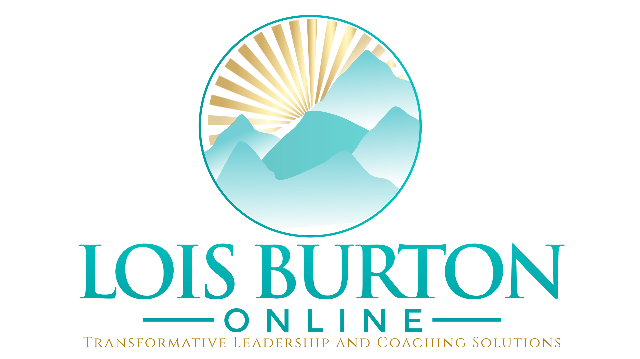Creating Confident Leaders - Essential Leadership Skills for Today's Complex Environment
Aug 15, 2025
Essential Leadership Skills for Today's Complex Environment
In last week's discussion, we explored two transformative trends reshaping leadership: the growing demand for Values-Led Leadership and the increasing need to manage complex, often contradictory challenges. Today, I want to delve deeper into the specific skills leaders need to navigate these trends successfully, drawing from my 24 years of experience coaching senior leaders across various sectors.
The Interconnected Nature of Modern Leadership Skills
The most effective leaders today understand that success doesn't come from mastering individual skills in isolation, but from knowing how to blend and deploy them in concert. Let me share how these essential capabilities work together.
Adaptive Intelligence: The Foundation
Adaptive Intelligence has emerged as the cornerstone of effective leadership in today's rapidly evolving landscape. While agility has long been valued in leadership, recent years have dramatically increased its importance. The most successful leaders now demonstrate not only personal adaptability but also the ability to foster this quality in their teams.
Consider a recent example from my coaching practice: A senior leader faced the classic modern challenge of implementing AI technology while maintaining team morale and trust. Her success stemmed from combining Adaptive Intelligence with Enhanced Emotional Intelligence. By using pattern recognition skills to identify emerging concerns before they became problems, while simultaneously reading and responding to her team's unspoken anxieties, she maintained what I call 'compassionate clarity' – being decisive about direction while deeply understanding her team's emotional journey.
Strategic Communication in a Changing Environment
One of the most powerful examples I've witnessed recently involved a leader navigating complex change initiatives across multiple stakeholder groups. Their success came from adapting their message for different audiences while maintaining consistency in core principles.
A common challenge I encounter when working with leadership teams is the struggle to communicate effectively in an environment of constant change. Many leaders feel their credibility is undermined when they can't maintain complete consistency in their messaging. The solution lies in setting clear expectations from the start and preparing people for situational change, while using enhanced emotional intelligence to help others understand and adapt quickly.
The Digital Leadership Revolution
Collaborative Problem-Solving and Digital Leadership have become inseparable in today's environment, particularly when addressing challenges like hybrid working. Success in this area requires both the ability to bring diverse perspectives together and the skill to leverage technology effectively.
Building Resilience: The Critical Foundation
Underlying all these capabilities is what I consider the critical foundation – exceptional Resilience. Without it, none of the other skills can be sustained under pressure. This isn't just about personal toughness; it's about building sustainable practices that allow you to maintain high performance over time.
Practical Steps for Skill Development
To help you develop these interconnected skills, here are three immediate actions you can take:
- Start journaling about your leadership experiences, focusing on how you're combining different skills in your daily practice
- Conduct a 'Resilience Audit' to assess your current capacity and identify areas for growth
- Experiment with new approaches to strategic communication, documenting what works and what doesn't
The RADAR Framework: A Practical Exercise
To help integrate these skills into your leadership practice, I've developed the RADAR Framework:
Recognize Patterns: Spend 15 minutes daily noting patterns in how your team discusses and approaches challenges.
Adapt Your Approach: Make small, daily adjustments based on observed patterns.
Deepen Understanding: Hold three types of conversations:
- One-on-one with your most vocal team member
- One-on-one with your quietest team member
- Small group discussions to gather diverse perspectives
Articulate Progress: Practice communicating through:
- Written updates
- Visual representations
- Verbal presentations
Review and Reflect: Weekly reflection on patterns, understanding, communication effectiveness, and resilience.
Looking Forward
The complexity of modern leadership demands continuous learning and adaptation. It's not about achieving perfection but about making consistent progress through deliberate practice. As we continue to navigate this evolving landscape, the ability to integrate these skills effectively will become increasingly crucial for leadership success.
Share your experiences with the RADAR framework or thoughts on these leadership skills on LinkedIn using #LeadershipHorizons. I'd love to hear how these insights resonate with your leadership journey.
Stay connected with news and updates!
Join our mailing list to receive the latest news and updates from our team.
Don't worry, your information will not be shared.
We hate SPAM. We will never sell your information, for any reason.

